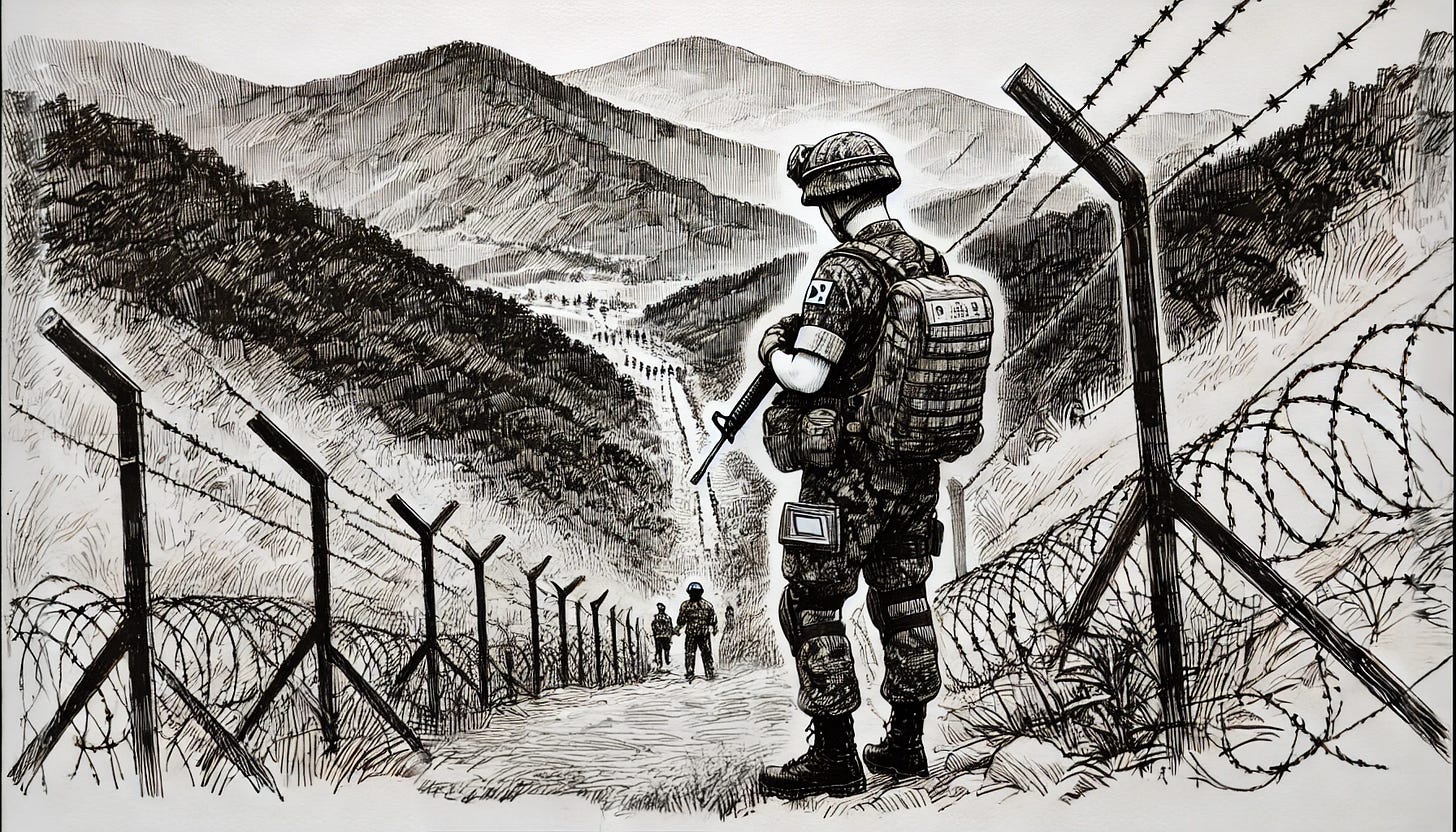The unraveling of the U.S.-Korea alliance
The logic that once made an American military presence indispensable is no longer as strong as it was during the Cold War
The Cold War often feels like the defining moment of modern geopolitics, the era where alliances were forged and the global order was set. But in the grand sweep of history, it is merely a brief interlude in the much longer story of regional dynamics shaped by geography. The Korean Peninsula has existed for millennia at the crossroads of larger powers—China, Japan, and the steppe empires before them—long before the U.S. and Soviet Union imposed their ideological struggle onto the region.
The division of Korea, the rise of military alliances, and the presence of American troops were not the beginning of history but rather temporary responses to the momentary conditions of the 20th century.
Now, as the Cold War recedes further into the past, older patterns of regional power—China’s gravitational pull, Korea’s struggle for strategic autonomy, and the ebb and flow of external influence—are reasserting themselves. What seemed like a fixed order was in reality just a brief pause in the longer…



